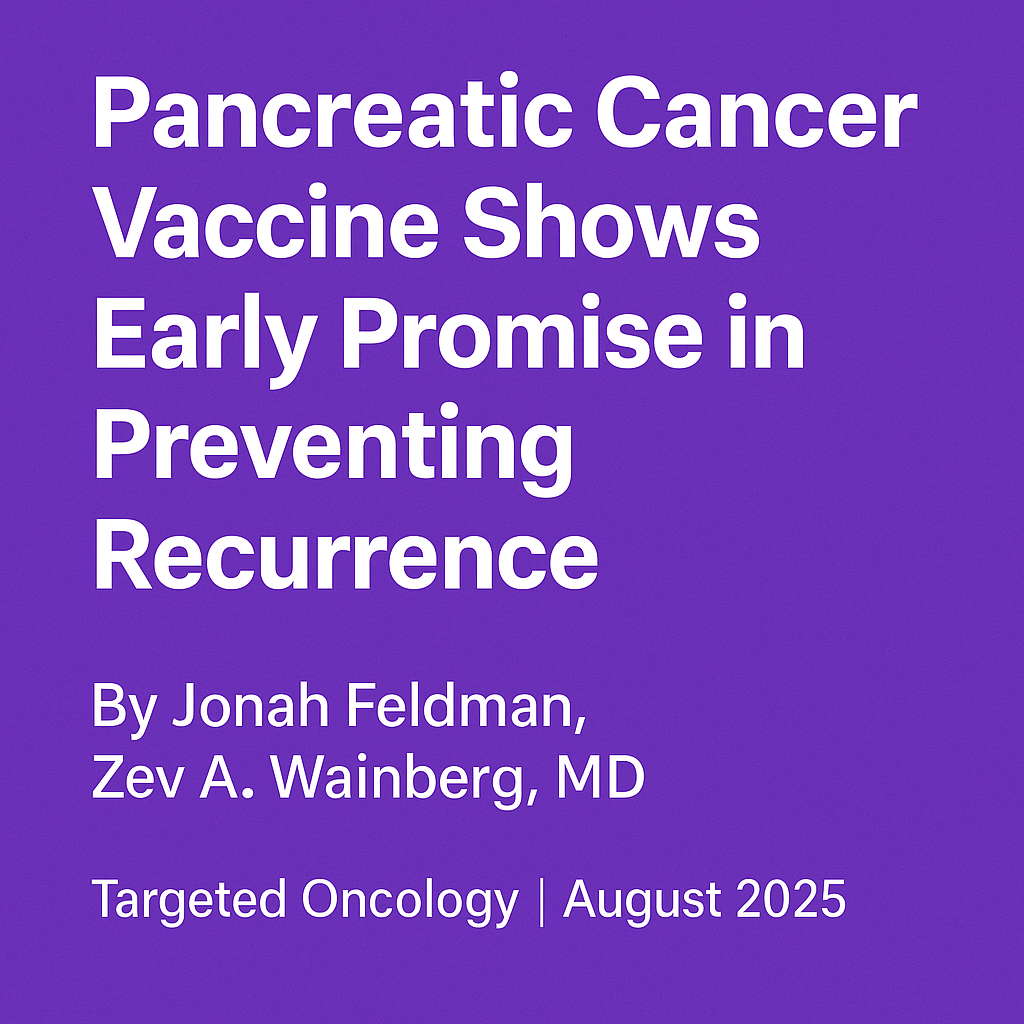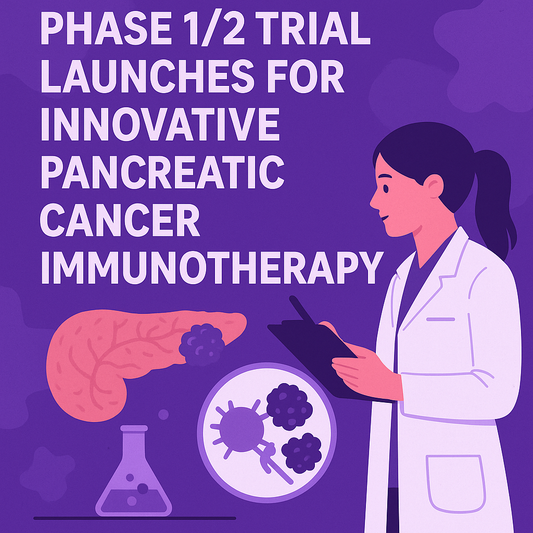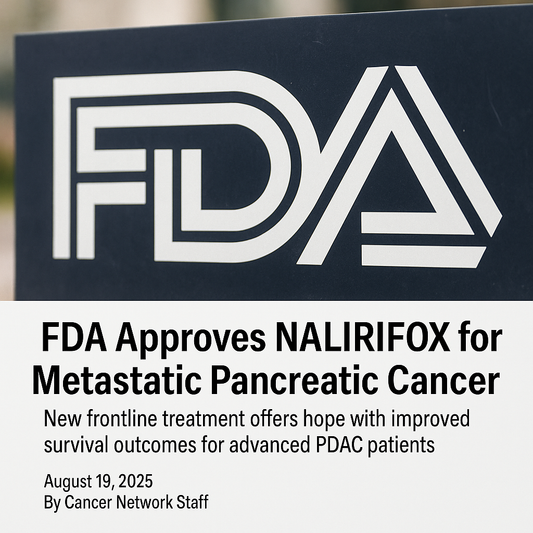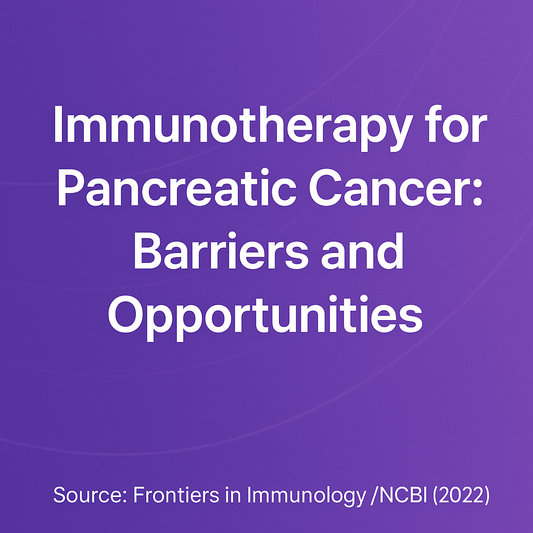
Pancreatic Cancer Vaccine Shows Early Promise in Preventing Recurrence
Share
UCLA’s Dr. Zev Wainberg discusses results from the AMPLIFY-201 trial and hopes for next-generation vaccines.
Researchers are exploring new ways to fight pancreatic cancer, one of the toughest cancers to treat. A recent phase 1 study, called AMPLIFY-201, tested a vaccine called ELI-002 2P in patients with KRAS-driven cancers. This “off-the-shelf” vaccine helps the immune system recognize and attack cancer cells after surgery and chemotherapy.
The study followed 25 patients, including 20 with pancreatic cancer. Results showed that patients who built strong T-cell immune responses had much lower chances of their cancer coming back. Almost two-thirds of patients developed this strong response, and most of them stayed cancer-free nearly 20 months after treatment—a major step forward in a cancer where relapse usually happens quickly.
Dr. Zev Wainberg of UCLA explained that these findings are important because pancreatic cancer often returns even after aggressive treatment. The vaccine may also encourage the immune system to attack more than just the KRAS mutation, a process called “antigen spreading,” which could boost overall protection.
The next step is a larger randomized phase 2 trial testing ELI-002 7P, a version of the vaccine that targets more KRAS mutations. That study has finished enrolling patients, and results are expected in 2026. If successful, it could move to a phase 3 trial and eventually FDA review.
Dr. Wainberg noted that the field of pancreatic cancer research is shifting toward immune-based and targeted therapies. He believes these new approaches bring real hope for improving survival.
Citation: Feldman J, Wainberg ZA. Pancreatic Cancer Vaccine Aims for New Approach to Preventing Recurrence. Targeted Oncology. August 2025. Read the full article



